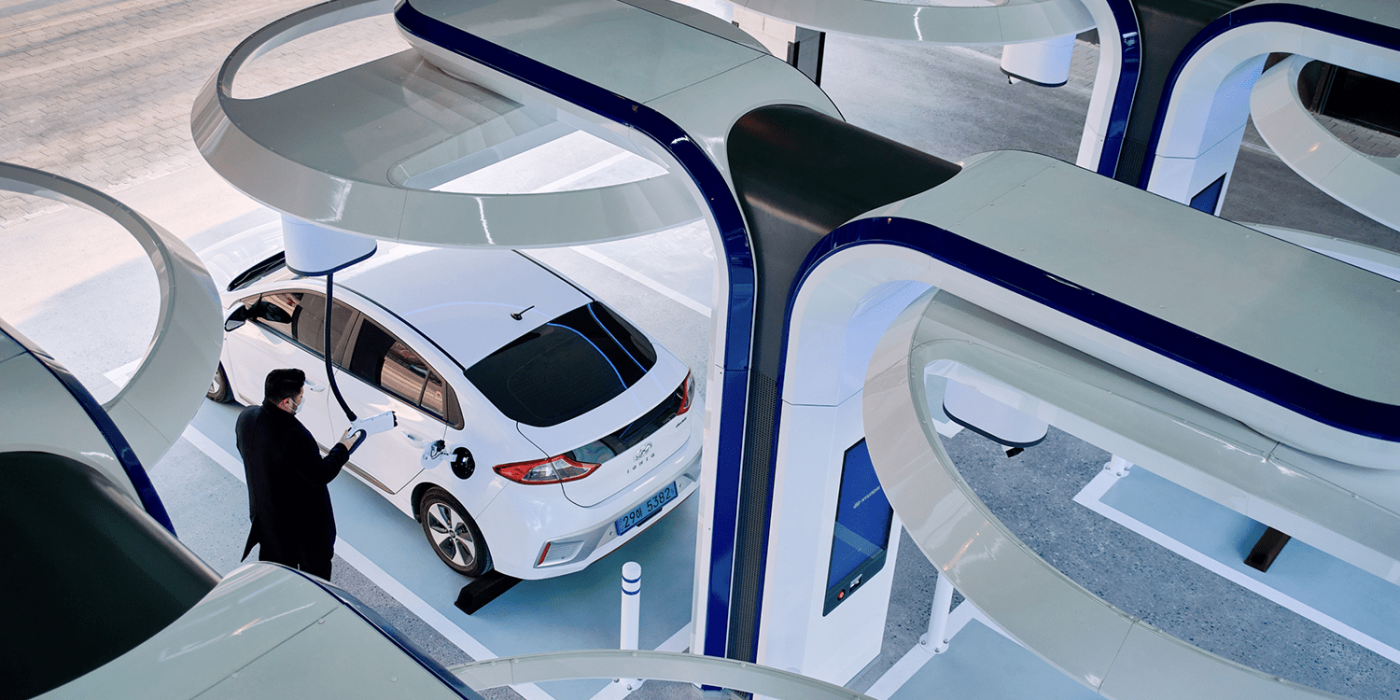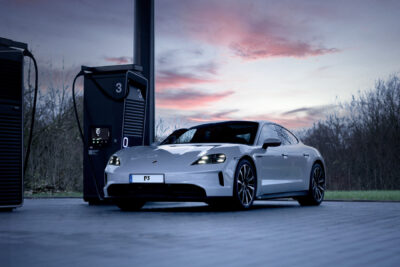South Korea to install 3,000 fast-charging stations in 2021
South Korea plans to install 3,000 new fast-charging stations for electric cars throughout 2021. The Ministry of Finance also plans to include 43 ultra-fast charging stations for the first time this year and will subsidise carmakers to secure sites for at least another 80 HPC stations.
In detail, the government will deploy 2,280 charging stations at locations like “express service facilities” where private entities have been reluctant to install charging stations due to high cost, the Korea Herald reports. We translate this as private supermarket sites or their parking garages, for example.
The new strategy of chipping in where private investors are reluctant also shows in further subsidies. The state will support private operators to install 289 sites at locations that are more accessible and profitable. The government will even subsidise 300 fast-charging stations at pit stops.
Add to this those first 43 high power charging stations and another 80 to be set up by the automotive industry with government support. The new high power charging funding has become necessary only as Hyundai and Kia launch their first electric cars with 800-volt systems this year. Hyundai took a shiny HPC site online in Seoul just a few days ago (see picture). They offer eight High Power Chargers developed by Hyundai, each with charging capacities of up to 350 kW.
The number of fast-charging stations in the country stood at 9,805 in 2020, according to the ministry. With the new 3,000 planned stations, the network should rise to over 12,000 DC charging sites. The report does not mention the budget or subsidy amount.
For slower charges, South Korea had issued a blueprint last winter to have 500,000 EV charging stations by 2025, which is a steep rise from around 60,000+ units installed throughout the nation as of September 2020. New buildings must have a certain number of charging stations from 2022. The number of hydrogen fuelling stations will reach 450 by 2025, jumping from 72 this year according to the new master plan.
The Ministry of Environment also envisions electric cars made in Korea reach over 300,000 units by the end of this year. The number of electric vehicles stood at 137,636 last year, according to government figures. By 2025 this numbers is to rise to accumulated sales of electric cars and hydrogen fuel cell automobiles to 1.13 million and 200,000, respectively, by 2025.
Only in January, South Korea had revised its EV subsidy scheme to exclude higher-priced electric cars. This has only affected foreign companies such as Tesla with the Model S and X, the Porsche Taycan, Mercedes EQC, Audi e-tron and Jaguar I-Pace.
Electric cars made in South Korea remain eligible for funding, i.e. the Hyundai Kona and Kia Niro cost less than 50 million won. The Hyundai Ioniq 5, scheduled to go on sale later this year, has not yet been priced.
koreaherald.com (charging 2021), hmgjournal.com (Hyundai HPC site in Seoul, in Korean)





0 Comments